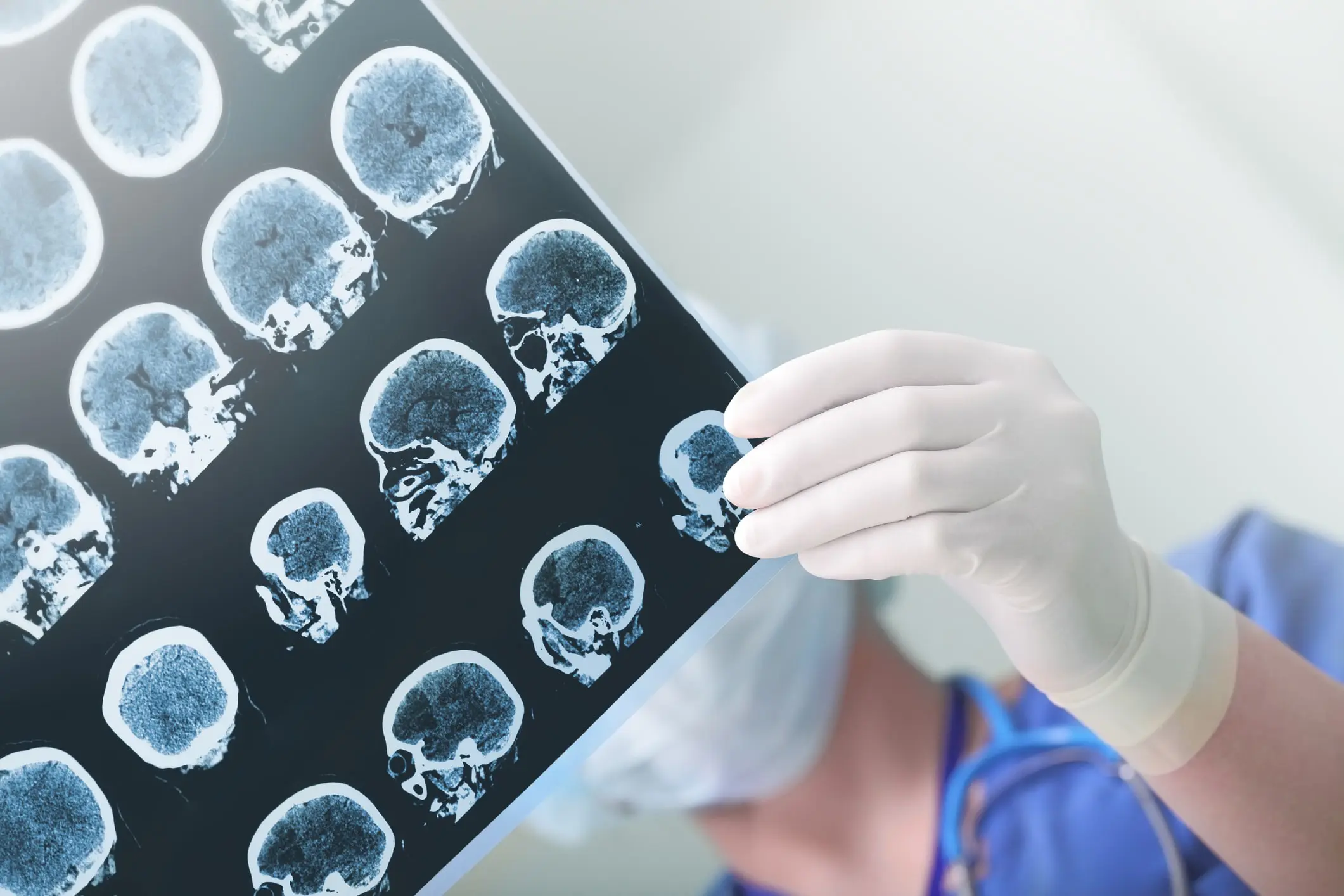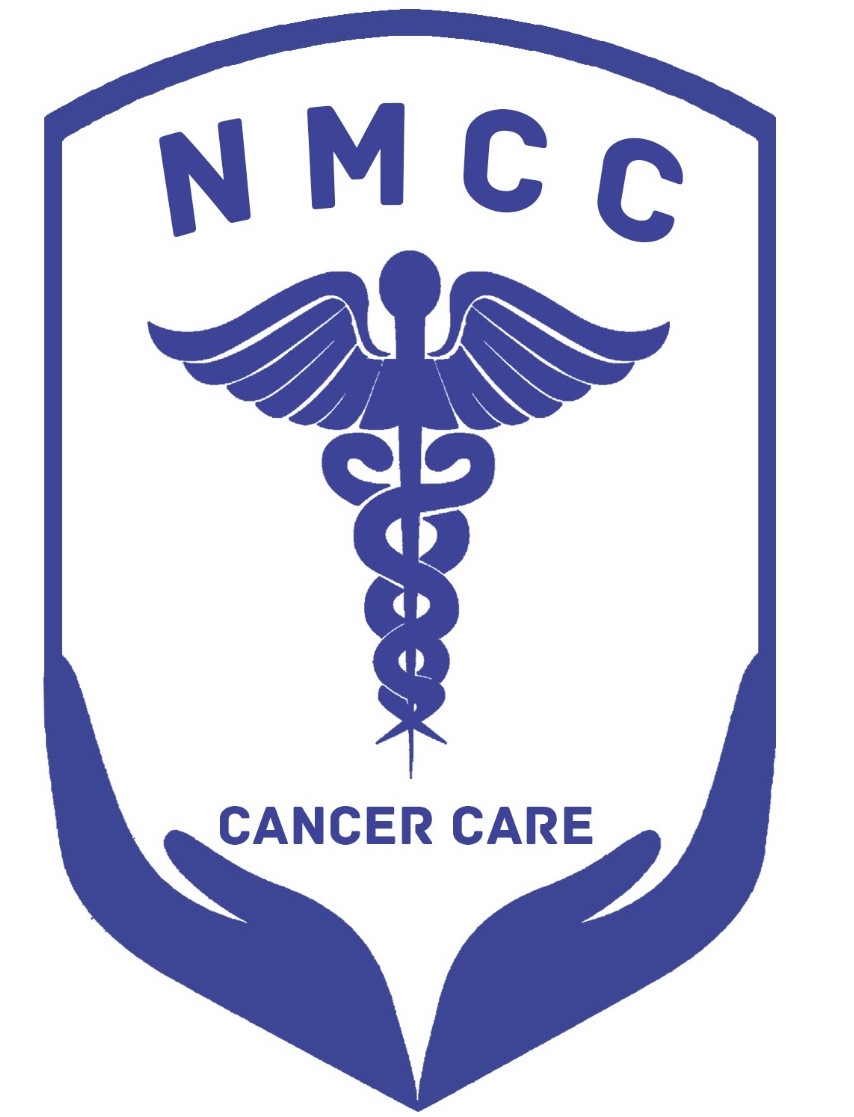RADIOLOGY

The radiology department is a critical division within a healthcare institution, dedicated to the use of various imaging technologies for diagnostic and therapeutic purposes. Radiologists, highly trained medical professionals, interpret medical images to aid in the diagnosis and treatment of a wide range of medical conditions. The department employs advanced equipment such as X-ray machines, computed tomography (CT) scanners, magnetic resonance imaging (MRI) machines, ultrasound devices, and nuclear medicine cameras to capture detailed images of the body's internal structures.
The radiology department collaborates closely with other medical specialties, providing essential information to guide physicians in making accurate diagnoses and treatment plans. From detecting fractures and tumors to visualizing internal organs and blood vessels, the department's imaging capabilities are invaluable in enhancing patient care.
Radiology procedures are generally non-invasive, reducing the need for exploratory surgeries and minimizing patient discomfort. The field continually evolves with technological advancements, ensuring more precise and efficient imaging techniques. With a focus on patient safety and diagnostic accuracy, the radiology department plays a pivotal role in modern healthcare, contributing significantly to improved patient outcomes.
